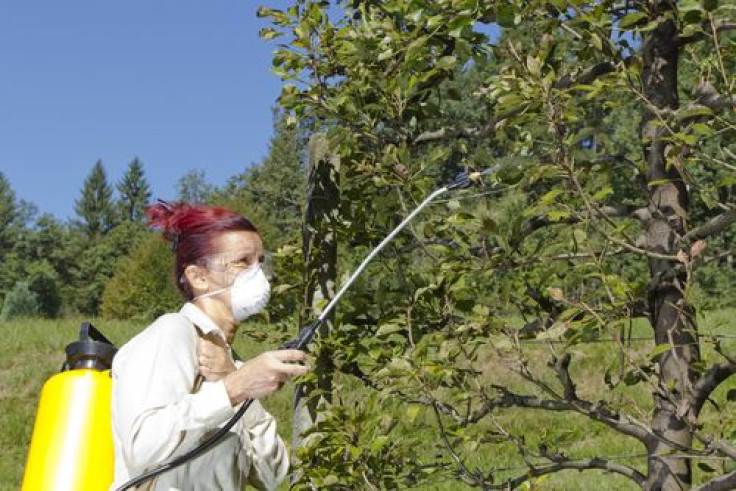Antibiotic Pesticide Residue In Food May Cause Severe Allergies; Fruit Contaminated With Streptomycin Causes Life-Threatening Allergic Reaction

Nutritionists and health experts have time and again stressed the need to wash fresh produce before consumption to remove all traces of pesticides on them. But pesticide residue still manages to sneak into our systems, causing a wide range of health problems, including allergies.
Pesticides are defined as substances used to destroy insects or other living things that are viewed as pests. These include herbicides, insecticides, fungicides, and even antibiotics. Antibiotics such as penicillin and streptomycin are used to control the growth of bacteria, fungi, and algae. They are especially used on fruits to reduce spoilage due to bacteria.
The relation between residual streptomycin in fresh produce and the onset of allergic reactions was recently established in the case of a 10-year-old girl. According to an article published in in the September issue of Annals of Allergy, Asthma and Immunology, the scientific publication of the American College of Allergy, Asthma and Immunology (ACAAI), the girl developed an anaphylactic (severely allergic) reaction after eating blueberry pie. Although she had a medical history of asthma and seasonal allergies, and known anaphylaxis to penicillin and cow's milk, she was not known to be allergic to any of basic ingredients in blueberry pie.
To further investigate what could have triggered the allergy, the medical examiners conducted a series of tests on the girl and a sample of the pie. They concluded that leftover traces of streptomycin on the blueberry must have caused the reaction.
"As far as we know, this is the first report that links an allergic reaction to fruits treated with antibiotic pesticides," said allergist Dr. Anne Des Roches, lead study author, in a statement. "Certain European countries ban the use of antibiotics for growing foods, but the United States and Canada still allow them for agricultural purposes."
Along with causing certain allergies, the use of antibiotics as pesticides may also lead to antibiotic resistance.
The authors are hopeful that new regulations regarding controled use of antibiotics as pesticides may reduce the concern of people developing allergies or resistance toward these antibiotics.
"This is a very rare allergic reaction" said allergist Dr. James Sublett, ACAAI president-elect. "Nevertheless, it's something allergists need to be aware of and that emergency room personnel may need to know about in order to help determine where anaphylactic reactions may arise.”
He goes on to say that people at risk of allergies should always carry epinephrine, a drug used to treat life-threatening allergic reactions caused by food, medication, or insect bite, and should know how to use it.



























